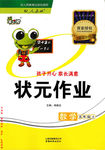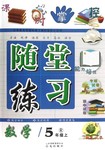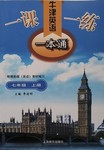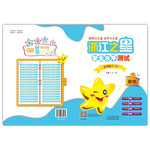题目内容
The prices of this kind of wine ________ from 10 yuan to 100 yuan per bottle.
A.rangedB.differedC.changedD.separated
练习册系列答案
 开心蛙状元作业系列答案
开心蛙状元作业系列答案 课时掌控随堂练习系列答案
课时掌控随堂练习系列答案 一课一练一本通系列答案
一课一练一本通系列答案 浙江之星学业水平测试系列答案
浙江之星学业水平测试系列答案
相关题目
题目内容
The prices of this kind of wine ________ from 10 yuan to 100 yuan per bottle.
A.rangedB.differedC.changedD.separated
 开心蛙状元作业系列答案
开心蛙状元作业系列答案 课时掌控随堂练习系列答案
课时掌控随堂练习系列答案 一课一练一本通系列答案
一课一练一本通系列答案 浙江之星学业水平测试系列答案
浙江之星学业水平测试系列答案